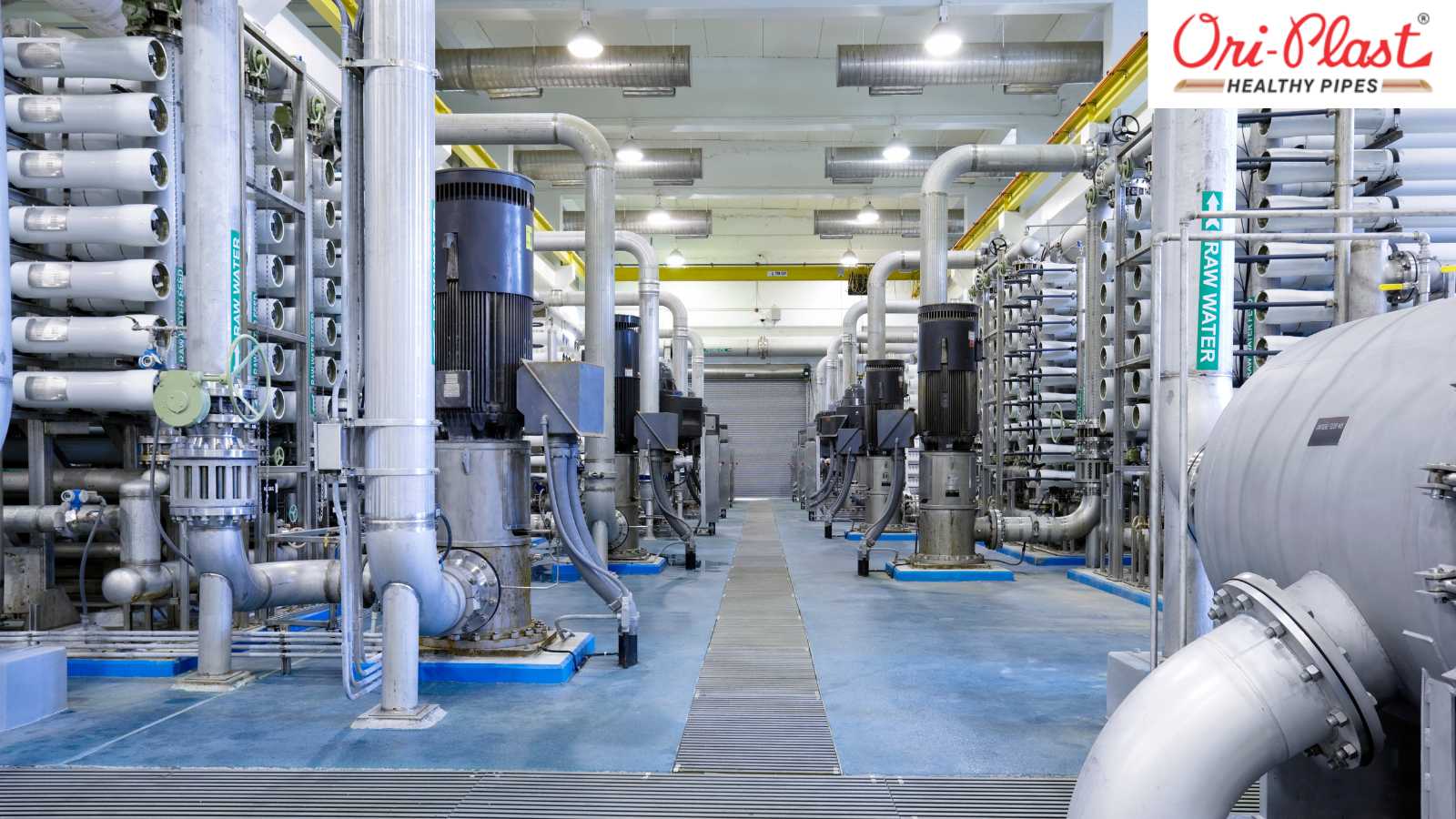In the quest for a sustainable future, one critical aspect that demands our immediate attention is water management. India, a country facing significant water challenges, must embrace efficient water systems to secure its environmental, economic, and societal well-being. This article explores what an efficient water system entails and why it holds the key to India's sustainable future.
Understanding an Efficient Water System In India
An efficient water system is a comprehensive approach to managing, distributing, and utilizing water resources while minimizing waste and maximizing productivity. It involves a combination of modern technologies, innovative practices, and responsible water usage to optimize water conservation and availability.
Key Takeaways:
Reducing Water Wastage
Harnessing Rainwater Harvesting
Recycling and Reusing Wastewater
Smart Water Management
Public Awareness and Education
Economic Benefits of Efficiency
In India, where water scarcity and pollution are increasingly alarming issues, an efficient water system becomes more than just a necessity – it's a lifeline.
Reducing Water Wastage:
An efficient water system ensures that water wastage is minimized at every level. This can be achieved through various means, such as fixing leaks in pipelines, promoting the use of water-efficient appliances and fixtures, and adopting advanced irrigation techniques in agriculture. By addressing water wastage, India can conserve a significant amount of water and make better use of its limited water resources.
Harnessing Rainwater Harvesting:
India's monsoon season brings ample rain, but the country has yet to fully harness this resource. Implementing rainwater harvesting techniques can help collect rainwater for storage and future use, reducing the pressure on traditional water sources and replenishing groundwater levels. This decentralized approach can also empower communities to become self-reliant in times of water scarcity.
Recycling and Reusing Wastewater:
Treating and recycling wastewater for non-potable purposes, such as irrigation and industrial use, is another integral aspect of an efficient water system. By adopting advanced wastewater treatment technologies, India can reduce the burden on freshwater sources, curb pollution, and maintain ecological balance in water bodies.
Embracing Smart Water Management:
Advancements in technology have paved the way for smart water management solutions. Integrating sensors, data analytics, and artificial intelligence in water systems can optimize water usage, detect leakages, and provide real-time insights to stakeholders. Smart water management empowers decision-makers to make informed choices and respond promptly to water-related challenges.
Importance of Public Awareness and Education:
Efficient water systems are not solely the responsibility of policymakers and governments. Public awareness and education play a pivotal role in promoting water conservation practices. Encouraging water-saving habits, educating citizens about the importance of water sustainability, and fostering a sense of collective responsibility is essential for long-term success.
Economic Benefits of Efficiency:
An efficient water system brings significant economic advantages. Industries can enhance productivity by reducing water consumption and operating costs. Agriculture, a major water-consuming sector, can boost crop yield with optimized irrigation techniques. Moreover, water-efficient practices can attract investments and create job opportunities in the emerging water technology sector.
Conclusion:
As India continues its pursuit of a sustainable future, an efficient water system emerges as a fundamental pillar for success. By implementing water-saving practices, embracing technological advancements, and raising public awareness, India can alleviate its water challenges and secure a promising future for generations to come. Let us join hands in promoting and adopting efficient water systems, ensuring a water-secure and sustainable India.




